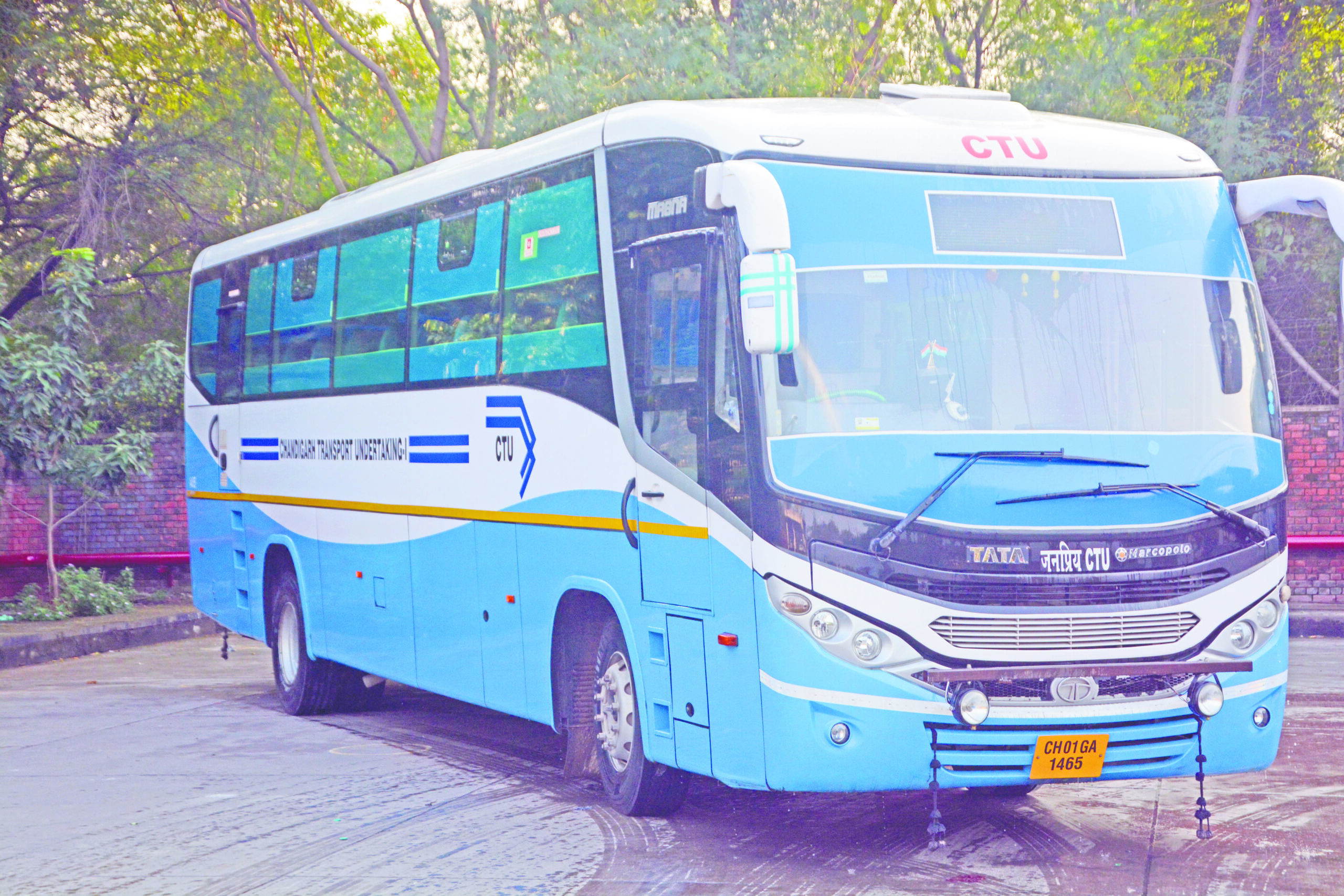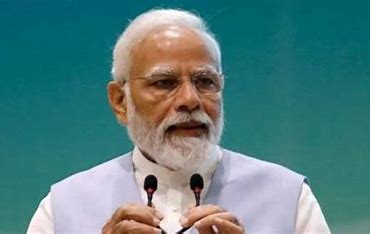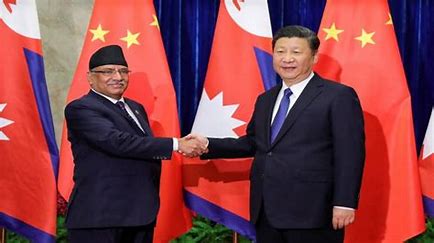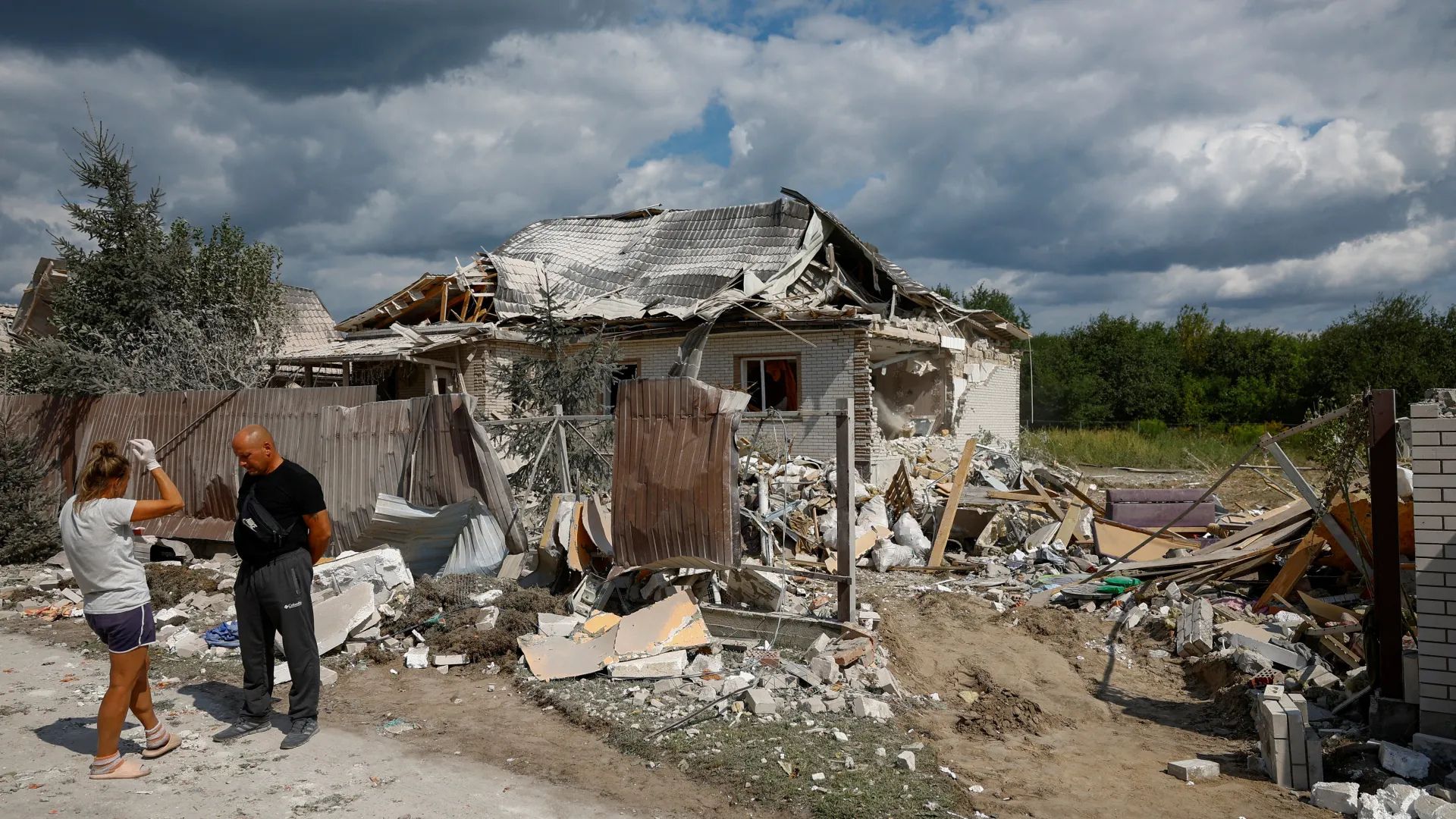
Chandigarh Transport Undertaking (CTU) is soon set to become hi-tech on foreign lines. The implementation of the Depot Management System in bus depots will handle the history of buses, entry of goods in the store, schedules, rosters, and duties of employees online through computers. Under this hi-tech system, all depots will have an Automatic Vehicle Location System, Automatic Fare Collection System, Depot Management System, Electric Ticketing Machine, Store Instrumentmat, Bus Repair Profile, attendance and leave records of employees, and an alarm button and panic button under CCTV, making it more convenient. The UT administration is planning to improve bus performance and make all depots hi-tech, and work on this is set to start soon. With the implementation of this system, all CTU operations will be conducted online. By May-June this year, 100 electric buses will also be included in the CTU fleet. Banwari Lal Purohit, Governor and Administrator of Chandigarh, recently praised Chandigarh Transport Undertaking (CTU) for its improved transport services.
CTU was formed in 1966 with a fleet of 30 buses. As a result of the bifurcation of Punjab Roadways during the reorganization of Punjab State, Chandigarh Transport Undertaking came into existence on 01 November 1966, starting with a fleet of only 30 buses. CTU has four bus depots in Chandigarh, with two in Industrial Area Phase-1 and two in Sector-25. The fifth bus depot is currently under construction in Raipur Kalan. The main function is to provide bus services to the general public in the city, suburban areas, and surrounding states, including Punjab, Haryana, Delhi, Himachal Pradesh, Jammu and Kashmir, Uttar Pradesh, Rajasthan, etc. A total of 133,530 km of buses operate daily, with city/suburban services covering 83,269 km and long-route services covering 50,261 km.
Praghuman Singh, Director of CTU, mentioned that with the implementation of the depot management system, all systems will become online. CTU’s bus service is also providing better services in neighboring states. CTU has initiated bus services from Shri Ram’s city Ayodhya to all religious places. In the coming days, all electric buses will run in the city, with ongoing work in progress. For passenger safety, all buses on long routes will have alarm buttons and panic buttons under CCTV.
CTU will be honored with 2 National Awards for better service. Awards will be given in the categories of better use of digital transactions and RIFD-based technology. CTU has been selected for runner-up awards for Non-Fare Box and Employee Productivity in the National Public Transport Excellence Award 2022-23. The award ceremony will take place on March 15 at the Indian Habitat Centre, New Delhi, where the Secretary of the Ministry of Road Transport and Highways will present the awards. In the first award, the non-fare box, given by the Association of Road Transport, CTU generated revenue through advertisements in buses and worked for automatic parking fee collection through the parking management system. ASRTU was established on August 13, 1965, with a membership of 62 state road transport corporations, operating under the directions of the Union Ministry of Road Transport and Highways, Government of India. Praghuman Singh, Director of CTU, mentioned that under the non-fare box revenue, CTU increased its revenue by placing advertisements on buses and collecting automatic parking fees through parking management software in ISBT. To promote digital transactions, money is automatically collected from RFID-based tags at the entry of ISBT. In the absence of RFID tags, double the parking fee is being charged from buses through cash, similar to toll plazas. In terms of employee productivity, it was ensured that personnel recruitment aligned with the fleet’s expansion, and various tasks, including personnel management, were performed to ensure that no route of the CTU was affected. Additionally, an agreement has been signed with Red Bus for the online bus reservation management system.
















